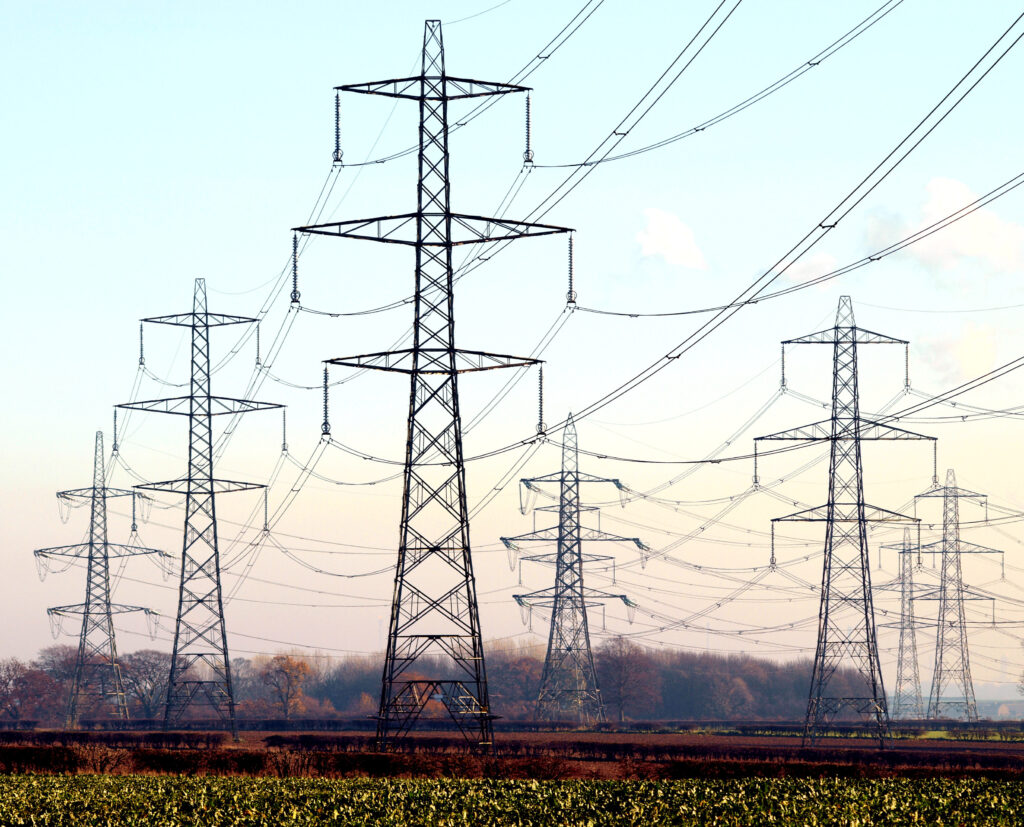Ofgem has paid £109,529,764 to suppliers who presented Renewables Obligation Certificates (ROCs) this year.
This was to redistribute the late payment fees the regulator received, which were distributed in line with the proportion of the total ROCs they presented across all ROC streams.
Suppliers got £6.8 for every ROC that they presented. There was a further £1.02 added to each certificate from the redistribution of the buy-out fund, leaving suppliers with a final recycle value of £7.82 per ROC for 2018-19.
The ROCs are meant to demonstrate that suppliers are sourcing electricity from renewable sources, the certificates supposedly proving that they are meeting this obligation. Suppliers have until 1 September every year to submit these certificates to Ofgem.
If a supplier cannot meet its obligation, it must make up the shortfall by contributing towards a buy-out fund, which is administered by Ofgem, by 31 August. If they fail to do this, they face late payment fees plus interest.
There were 42 supplier groups across 44 licenses who failed to discharge their obligation in 2018/2019. Following this, 23 have now fully discharged their obligation, while 21 have not.
Of the latter group of suppliers failing to discharge their ROCs, 16 have now gone into administration or have had their licenses revoked.
This includes GnERGY and Toto Energy, both of whom failed to pay their outstanding payments to Ofgem.
The scheme has come under criticism as many believe that it is too difficult for young companies to comply with, as evidenced by the large number who have gone into administration.
But Ofgem have defended it. Mary Starks, executive director of consumers and markets at Ofgem has said previously that “The Renewables Obligation schemes provide important support to renewable electricity generators and play an important role in Great Britain’s journey to a net zero emission economy by 2050.”






